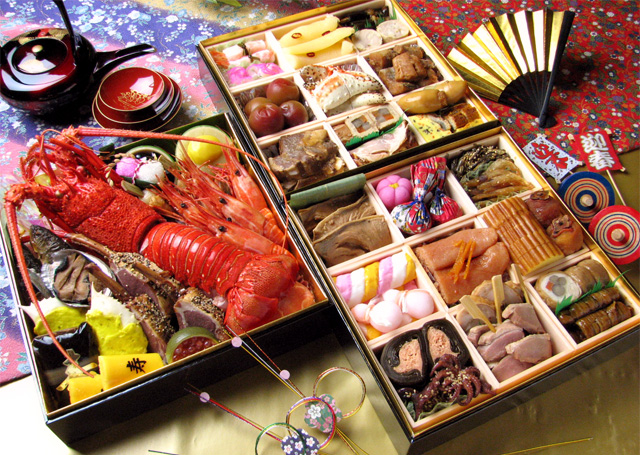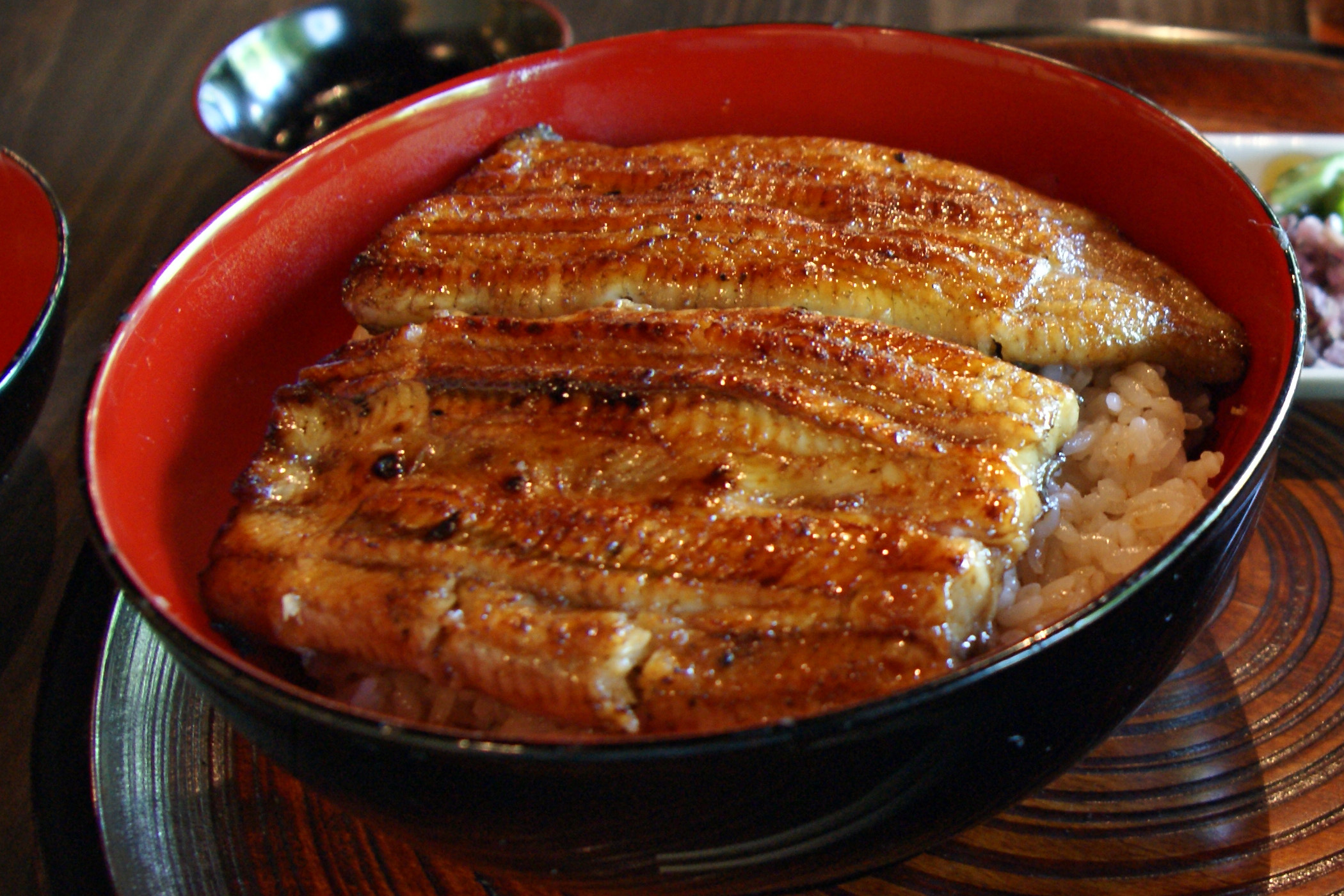|
Oishi Group
Oishi Group Public Company Limited is a food-and-beverage corporate group based in Thailand. It operates chains of Japanese restaurants in Thailand, and produces ready-to-drink tea beverages, mainly under the brand Oishi Green Tea, which are also exported to several international markets. The business was founded as Oishi Restaurant in 2000 by Tan Passakornnatee, and soon branched out to produce green tea drinks, quickly becoming the market leader in Thailand. The company was listed on the Stock Exchange of Thailand as Oishi Group in 2004, and was acquired by the Thai beverage giant ThaiBev in 2008. History Oishi was founded by businessman Tan Passakornnatee, who opened its first all-you-can-eat sushi restaurant on 9 September 1999. Oishi was successful in tapping the rapidly expanding market for Japanese cuisine, which previously only comprised Japanese expatriates and tourists, and opened it up to the middle class. The company was registered as Oishi Restaurant Co., Ltd. on 5 ... [...More Info...] [...Related Items...] OR: [Wikipedia] [Google] [Baidu] |
Japanese Restaurant
Japanese cuisine encompasses the regional and traditional foods of Japan, which have developed through centuries of political, economic, and social changes. The traditional cuisine of Japan (Japanese: ) is based on rice with miso soup and other dishes; there is an emphasis on seasonal ingredients. Side dishes often consist of fish, pickled vegetables, and vegetables cooked in broth. Seafood is common, often grilled, but also served raw as sashimi or in sushi. Seafood and vegetables are also deep-fried in a light batter, as '. Apart from rice, a staple includes noodles, such as soba and udon. Japan also has many simmered dishes, such as fish products in broth called , or beef in and . Historically influenced by Chinese cuisine, Japanese cuisine has also opened up to influence from Western cuisines in the modern era. Dishes inspired by foreign food—in particular Chinese food—like ramen and , as well as foods like spaghetti, curry and hamburgers, have been adapted to Japane ... [...More Info...] [...Related Items...] OR: [Wikipedia] [Google] [Baidu] |
Ramen
is a Japanese dish, Japanese noodle dish. It consists of served in a broth; common flavors are soy sauce and miso, with typical toppings including , nori (dried seaweed), menma (bamboo shoots), and scallions. Ramen has its roots in Chinese noodle dishes. Nearly every region in Japan has its own variation of ramen, such as the ''tonkotsu'' (pork bone broth) ramen of Kyushu and the ''miso'' ramen of Hokkaido. History Etymology The word ''ramen'' is a Japanese borrowing of the Standard Chinese, Mandarin Chinese ''lamian, lāmiàn'' (, "pulled noodles"). However, historian Barak Kushner argues that this borrowing occurred retroactively and that various independent Japanese corruptions of Chinese words had already led to Japanese people calling this Chinese noodle dish "ramen". One theory suggests that the Japanese mistook the Chinese particles "le" (了) or "la" (啦, a contraction of 了啊) for a "ra" sound when Chinese cooks would announce "hăo le" (好了) to communicate t ... [...More Info...] [...Related Items...] OR: [Wikipedia] [Google] [Baidu] |
Drink Brands
A drink or beverage is a liquid intended for human consumption. In addition to their basic function of satisfying thirst, drinks play important roles in human culture. Common types of drinks include plain drinking water, milk, juice, smoothies and soft drinks. Traditionally warm beverages include coffee, tea, and hot chocolate. Caffeinated drinks that contain the stimulant caffeine have a long history. In addition, alcoholic drinks such as wine, beer, and liquor, which contain the drug ethanol, have been part of human culture for more than 8,000 years. Non-alcoholic drinks often signify drinks that would normally contain alcohol, such as beer, wine and cocktails, but are made with a sufficiently low concentration of alcohol by volume. The category includes drinks that have undergone an alcohol removal process such as non-alcoholic beers and de-alcoholized wines. Biology When the human body becomes dehydrated, a person experiences thirst. This craving of fluids results in an ... [...More Info...] [...Related Items...] OR: [Wikipedia] [Google] [Baidu] |
Thai Companies Established In 2000
Thai or THAI may refer to: * Of or from Thailand, a country in Southeast Asia ** Thai people, the dominant ethnic group of Thailand ** Thai language, a Tai-Kadai language spoken mainly in and around Thailand *** Thai script *** Thai (Unicode block) People with the name * Thai (surname), a Vietnamese version of Cai, including a list of people with the name * Thai Lee (born 1958), an American businesswoman * Thai Nguyen, US-based Vietnamese fashion designer and television personality Other uses * Thai (cannabis), a name for the drug * Thai Airways, the national airline of Thailand * Thai cat, a breed of cat * Thai, a month in the Tamil calendar * Toe to Heel Air Injection (THAI), a method of extracting oil from oil sands See also * * Dai (other) * Tai (other) * Tay (other) * Thais (other) * Thay (other) * Tie (other) * Siam (other) * Tai peoples or Thai peoples, the ethnic groups of southern China and Southe ... [...More Info...] [...Related Items...] OR: [Wikipedia] [Google] [Baidu] |
Food And Drink Companies Established In 2000
Food is any substance consumed by an organism for nutritional support. Food is usually of plant, animal, or fungal origin, and contains essential nutrients, such as carbohydrates, fats, proteins, vitamins, or minerals. The substance is ingested by an organism and assimilated by the organism's cells to provide energy, maintain life, or stimulate growth. Different species of animals have different feeding behaviours that satisfy the needs of their unique metabolisms, often evolved to fill a specific ecological niche within specific geographical contexts. Omnivorous humans are highly adaptable and have adapted to obtain food in many different ecosystems. The majority of the food energy required is supplied by the industrial food industry, which produces food with intensive agriculture and distributes it through complex food processing and food distribution systems. This system of conventional agriculture relies heavily on fossil fuels, which means that the food and agricultural ... [...More Info...] [...Related Items...] OR: [Wikipedia] [Google] [Baidu] |
Companies Based In Bangkok
A company, abbreviated as co., is a legal entity representing an association of people, whether natural, legal or a mixture of both, with a specific objective. Company members share a common purpose and unite to achieve specific, declared goals. Companies take various forms, such as: * voluntary associations, which may include nonprofit organizations * business entities, whose aim is generating profit * financial entities and banks * programs or educational institutions A company can be created as a legal person so that the company itself has limited liability as members perform or fail to discharge their duty according to the publicly declared incorporation, or published policy. When a company closes, it may need to be liquidated to avoid further legal obligations. Companies may associate and collectively register themselves as new companies; the resulting entities are often known as corporate groups. Meanings and definitions A company can be defined as an "artificial per ... [...More Info...] [...Related Items...] OR: [Wikipedia] [Google] [Baidu] |
Companies Listed On The Stock Exchange Of Thailand
A company, abbreviated as co., is a legal entity representing an association of people, whether natural, legal or a mixture of both, with a specific objective. Company members share a common purpose and unite to achieve specific, declared goals. Companies take various forms, such as: * voluntary associations, which may include nonprofit organizations * business entities, whose aim is generating profit * financial entities and banks * programs or educational institutions A company can be created as a legal person so that the company itself has limited liability as members perform or fail to discharge their duty according to the publicly declared incorporation, or published policy. When a company closes, it may need to be liquidated to avoid further legal obligations. Companies may associate and collectively register themselves as new companies; the resulting entities are often known as corporate groups. Meanings and definitions A company can be defined as an "artificial per ... [...More Info...] [...Related Items...] OR: [Wikipedia] [Google] [Baidu] |
Food And Drink Companies Of Thailand
Food is any substance consumed by an organism for nutritional support. Food is usually of plant, animal, or fungal origin, and contains essential nutrients, such as carbohydrates, fats, proteins, vitamins, or minerals. The substance is ingested by an organism and assimilated by the organism's cells to provide energy, maintain life, or stimulate growth. Different species of animals have different feeding behaviours that satisfy the needs of their unique metabolisms, often evolved to fill a specific ecological niche within specific geographical contexts. Omnivorous humans are highly adaptable and have adapted to obtain food in many different ecosystems. The majority of the food energy required is supplied by the industrial food industry, which produces food with intensive agriculture and distributes it through complex food processing and food distribution systems. This system of conventional agriculture relies heavily on fossil fuels, which means that the food and agric ... [...More Info...] [...Related Items...] OR: [Wikipedia] [Google] [Baidu] |
Sushi
is a Japanese cuisine, Japanese dish of prepared , usually with some sugar and salt, accompanied by a variety of , such as seafood, often raw, and vegetables. Styles of sushi and its presentation vary widely, but the one key ingredient is "sushi rice," also referred to as , or . The inventor of modern sushi is believed to be Hanaya Yohei, who invented nigiri-zushi, a type of sushi most known today, in which seafood is placed on hand-pressed vinegared rice, around 1824 in the Edo period (1603–1867). It was the fast food of the ''chōnin'' class in the Edo period. Sushi is traditionally made with white rice, medium-grain white rice, though it can be prepared with brown rice or Short grain rice, short-grain rice. It is very often prepared with seafood, such as Squid as food, squid, eel, Japanese amberjack, yellowtail, salmon, tuna or Crab stick, imitation crab meat. Many types of sushi are Vegetarian cuisine, vegetarian. It is often served with , wasabi, and soy sauce. Daiko ... [...More Info...] [...Related Items...] OR: [Wikipedia] [Google] [Baidu] |
Soft Serve
Soft serve, also known as soft ice, is a frozen dessert, similar to ice cream but softer and less dense due to air being introduced during freezing. Soft serve has been sold commercially since the late 1930s in the US. In the US, soft serve is not sold prepackaged in supermarkets but is common at fairs, carnivals, amusement parks, restaurants (especially fast food and buffet), and specialty shops. All ice cream must be frozen quickly to avoid crystal growth. With soft serve, this is accomplished by a special machine that holds pre-mixed product at a very low, but not frozen, temperature at the point of sale. History Charles Taylor of Buffalo, New York, patented an automatic ice cream maker in 1926 that is reported to be the first soft-serve ice cream machine. His Taylor Company continues to manufacture the McDonald's ice cream machine. Over Memorial Day weekend of 1934, Tom Carvel, the founder of the Carvel brand and franchise, suffered a flat tire in his ice cream truck i ... [...More Info...] [...Related Items...] OR: [Wikipedia] [Google] [Baidu] |
Yakiniku
''Yakiniku'' (焼き肉 or 焼肉), meaning "grilled meat", is a Japanese term that, in its broadest sense, refers to grilled meat cuisine. "Yakiniku" originally referred to western "barbecue" food, the term being popularized by Japanese writer Kanagaki Robun (仮名垣魯文) in his ''Seiyo Ryoritsu'' (i.e. "western food handbook") in 1872 (Meiji period). The term later became associated with Korean-derived cuisine (Korean Barbecue) during the early Shōwa period. Due to the Korean War, the terms associated with Korea in Japan were divided into North Korea (Kita Chōsen) and South Korea (Kankoku); the reference to a "yakiniku restaurant" arose as a politically correct term for restaurants of either origin. Today, "yakiniku" commonly refers to a style of cooking bite-size meat (usually beef and offal) and vegetables on gridirons or griddles over a flame of wood charcoals carbonized by dry distillation (''sumibi'', 炭火) or a gas/electric grill. It is one of the most popular ... [...More Info...] [...Related Items...] OR: [Wikipedia] [Google] [Baidu] |
Donburi
is a Japanese "rice-bowl dish" consisting of fish, meat, vegetables or other ingredients simmered together and served over rice. ''Donburi'' meals are usually served in oversized rice bowls which are also called ''donburi''. If one needs to distinguish, the bowl is called and the food is called . The simmering sauce varies according to season, ingredients, region, and taste. A typical sauce might consist of ''dashi'' (stock broth) flavored with soy sauce and ''mirin'' (rice wine). Proportions vary, but there is normally three to four times as much ''dashi'' as soy sauce and ''mirin''. For ''oyakodon'', Tsuji (1980) recommends dashi flavored with light soy sauce, dark soy sauce, and sugar. For ''gyūdon'', Tsuji recommends water flavored with dark soy sauce and ''mirin''. One can make donburi from almost any ingredients, including leftovers. Varieties of donburi Traditional Japanese ''donburi'' include the following: ''Gyūdon'' , is a Japanese dish consisting of a bowl ... [...More Info...] [...Related Items...] OR: [Wikipedia] [Google] [Baidu] |









